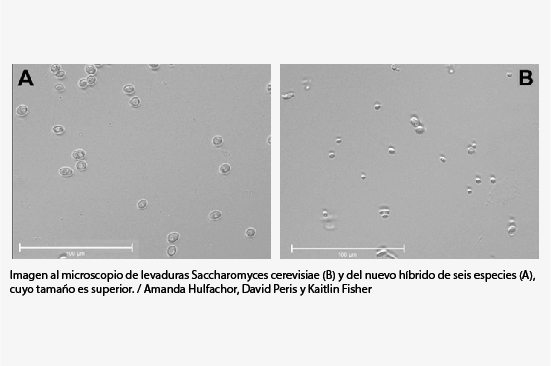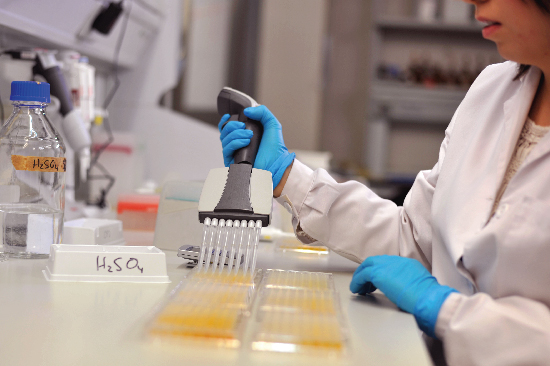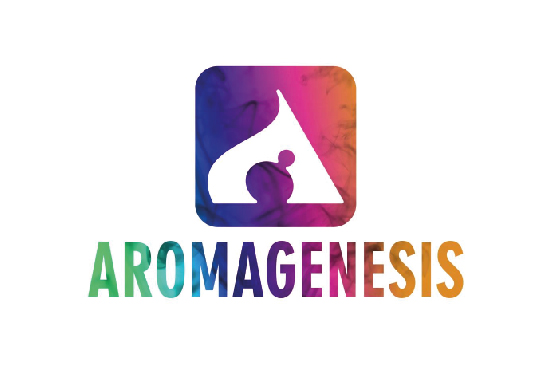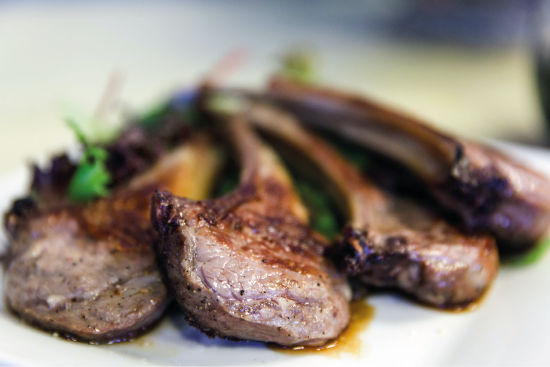Researchers have generated yeast hybrids of up to six species of the genus 'Saccharomyces' to meet industry and consumer demands The technology prevents the loss of half of the genetic diversity of the strains, as is the case with other techniques A study with the participation of the Institute of Agrochemistry and Food Technology of the CSIC has developed a technology that allows the generation of yeast hybrids of up to six species of the genus Saccharomyces. The finding, which is...
29. April 2020 - 10:48
28. April 2020 - 15:00
HPH technology causes an increase of up to five times the bioaccessibility of total carotenoids in the juice These are low energy consumption technologies, thus contributing to the improvement of sustainability in the processes Dynamic high pressure homogenization (HPH) is among the preservation techniques that have the greatest interest in the sustainable production of improved quality food products. A recent publication in the high impact journal Jorunal of Cleaner Production, shows that...
24. April 2020 - 13:02
The CSIC's Global Health platform, co-financed by the MAPFRE Foundation, has once again selected four projects from Valencian institutes, along with another nine, as part of the initiatives to tackle the COVID-19 pandemic The four selected projects involve IBV (CSIC), I2SysBio (CSIC-UV), ITQ (CSIC-UPV) and IATA (CSIC) The CSIC's Global Health Interdisciplinary Thematic Platform (PTI), in which more than 150 research groups collaborate and which is supported by the MAPFRE Foundation, has...
17. April 2020 - 14:18
Revista Alimentaria has published an article about the benefits of consuming meat. For this, he has contacted the collaboration of Dr. Mónica Flores, an expert in meat and meat products from IATA. Meat is one of the most complete foods for our body. An adequate consumption of this can bring great benefits to our health, since it has a very complete nutritional value. Therefore, in diets in which their consumption is eliminated in a more difficult being, achieve good levels of certain vitamins...
17. April 2020 - 12:30
The Institute of Agrochemistry and Food Technology belonging to the CSIC is part of the Aromagenesis project. Aromagenesis is a project of the European call Marie Curie ITN. The IATA group collaborating in this project has made a video explaining what it consists of, how it is involved and what its main objectives are. This group is formed by the researchers Amparo Querol, José Manuel Guillamón, Eladio Barrio, and the PhD students Dolores Pérez and Sebastián Tapia. The objective of Aromagenesis...
16. April 2020 - 16:52
Molecular analysis of water allows detection of SARS-CoV-2 genetic material as a future epidemiological surveillance system The study has shown that water disinfection treatments are effective in eliminating the presence of the virus in treatment plants in Valencia and Murcia Researchers from the Spanish National Research Council (CSIC) and the University of Valencia have developed a molecular analysis system that can alert the circulation of the coronavirus SARS-CoV-2 (which causes Covid-...
16. April 2020 - 16:32
Article SINC Agency The sequencing of 200 strains of Saccharomyces eubayanus, a wild species that contributed to the generation of the hybrid yeast responsible for lager beer, reveals a great diversity and genetic exchange of populations around the world. The analysis of this species of industrial interest also allows us to understand the evolutionary processes that occurred between modern humans, Neanderthals and Denisovans. More than a decade ago, the discovery of the Saccharomyces eubayanus...
14. April 2020 - 13:26
Despite the fact that their excessive consumption is related to health problems, saturated fats are still present in high proportions in many of the foods we eat. The main reason for this is the complexity of their replacement, since the functionality provided by saturated fats is key to technological manufacturing and responsible for many high-quality attributes in foods. Saturated fats are responsible for a large number of high-quality attributes in the foods we eat, mainly in relation to...
9. April 2020 - 10:26
Revista Alimentaria has published an article on lamb consumption, which is generally associated with periods such as Christmas and Easter. To do so, it has had the collaboration of Dr. Mónica Flores, an expert in meat and meat products, who highlights the positive properties it provides us with. "Lamb meat is an important source of high quality protein due to its content in essential amino acids. It is also rich in microminerals such as iron, selenium, zinc, copper and manganese. In addition,...
8. April 2020 - 13:20
The Institute of Agrochemistry and Food Technology of the CSIC is part of the MeMBrane project. The group collaborating in this project has launched a video explaining what it consists of, what this group is in charge of and they have also advanced some results to date. This group is formed by the researchers Amparo Querol, José Manuel Guillamón, Eladio Barrio, María Lairón and Javier Alonso del Real. MeMBrane The aim of the MeMBrane project is to develop more resistant cell membranes so that,...











